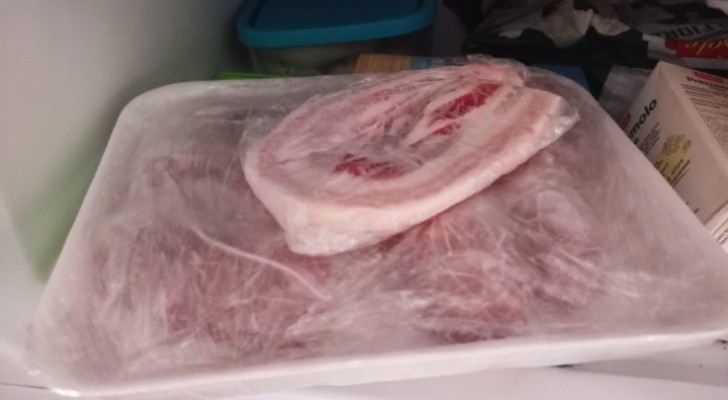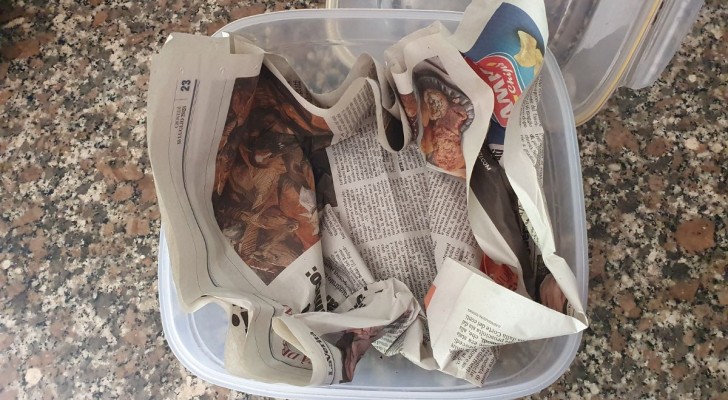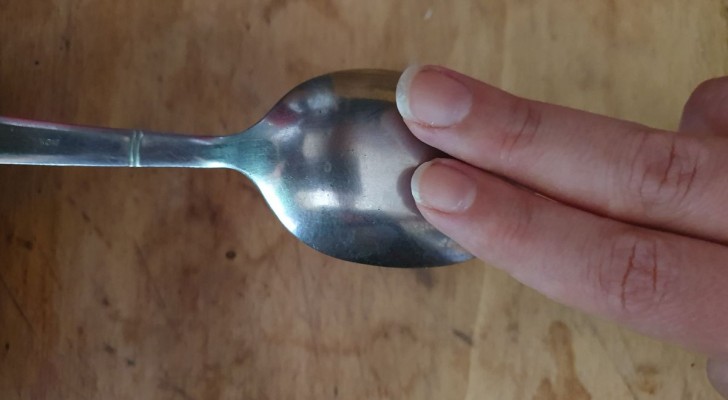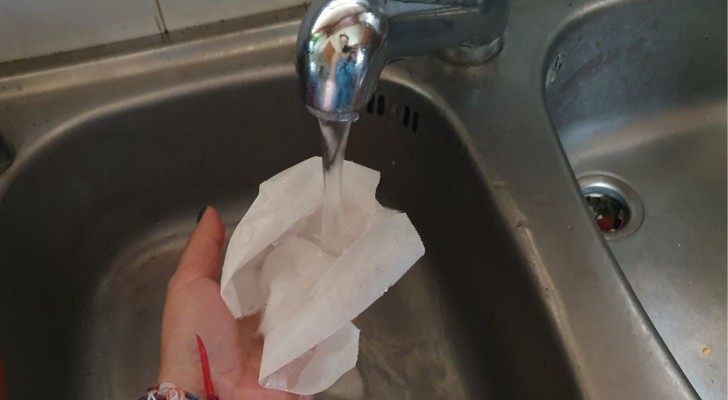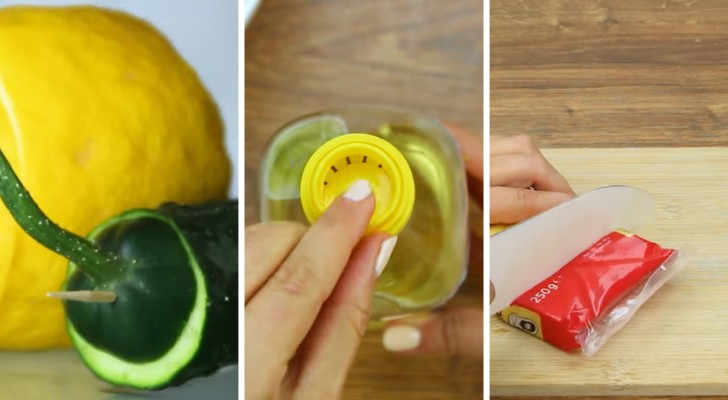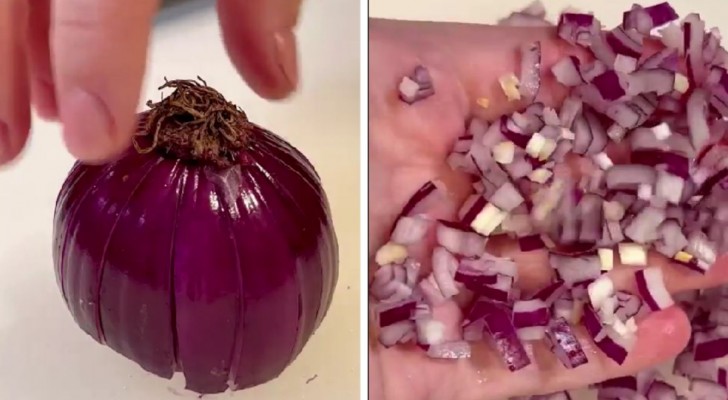Oven baking: 10 tips to remember to save on your energy bill
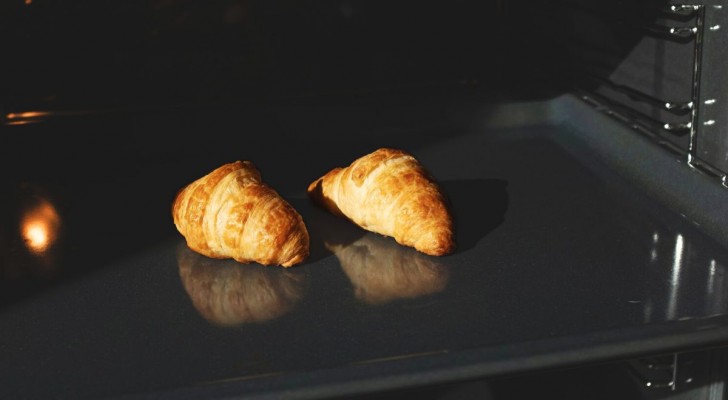
Cooking/roasting/baking food in the oven is often the healthy way to prepare food without sacrificing taste. It also has the advantage of being a type of cooking that needs less attention (unlike having to continuously watch a frying pan or boiling pot, for example).
So, the oven is an indispensable ally in the household. But it is also true that that this large appliance is power-hungry. With some care, however, we can reduce the consumption of electricity while using the oven. Let's check out some advice:
via endesa.com
Baking: some tips to save money
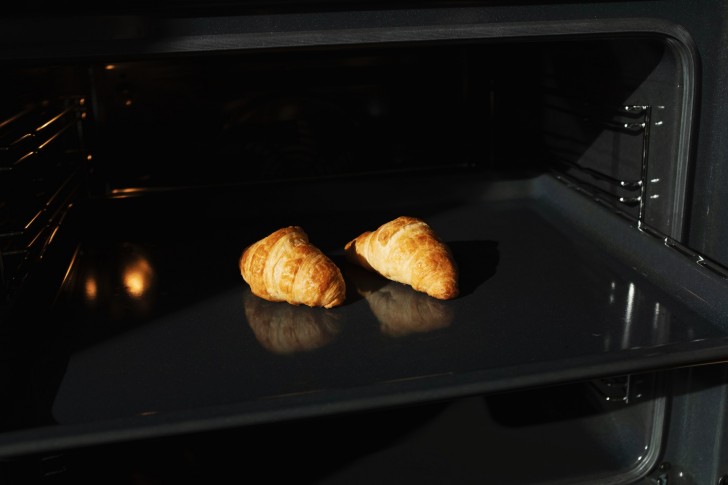
- Don't open the door too often: when a cooking phase begins, avoid opening the door if you just have to check progress by eye. For this reason, it is very important to remember to clean the oven's glass door thoroughly (even if this means dismantling it to do so).
- If you really have to open the oven, do not keep the door open if you have to take food out (for turning, seasoning, etc): remove the baking tray, close the oven door, do what you need to do and then put the tray back inside the oven. In this way you will keep the temperature constant, and the oven will not have to consume extra energy to get back up to the proper heat.
- Cook multiple dishes at the same time: it won't always be possible, but every time you want to cook in the oven, consider cooking larger quantities (perhaps to freeze afterwards); or consider combining the cooking of different dishes together that are compatible. Maybe some will have to be inserted before/after others, but you will soon get used to the required cooking times for each food type.
Don't keep the oven on when you don't need it
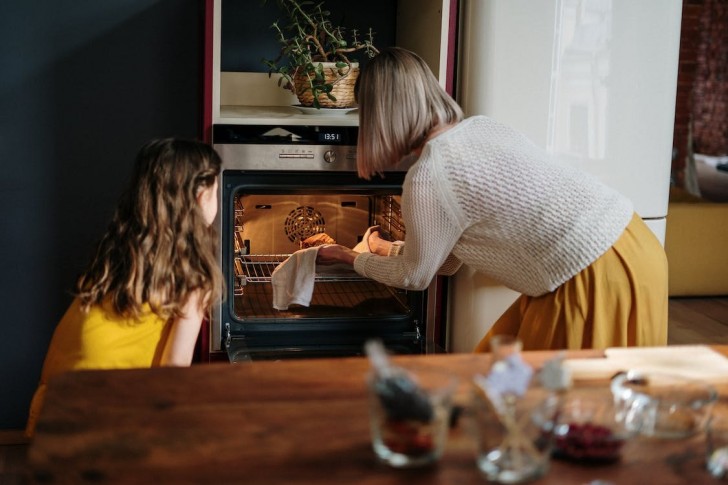
Another tip is to simply turn off the oven earlier than you normally would.
When we turn off the oven, the ventilation systems remain active to disperse the residual heat, so in reality, the cooking chamber remains very hot for a long time after turn-off. We can, therefore, make the most of the residual heat by turning off the oven five minutes before the stated cooking time. This will have two advantages: 1) we have consumed a little less on our bills, and 2) the oven will not have to continue working to disperse the heat afterwards. And the food will be cooked as we intended!
Further, if you have to reheat something, wait until a main dish is finished cooking in the oven, and then put in the food to be reheated in soon as the main dish has been removed.
Proper oven maintenance saves on excessive consumption
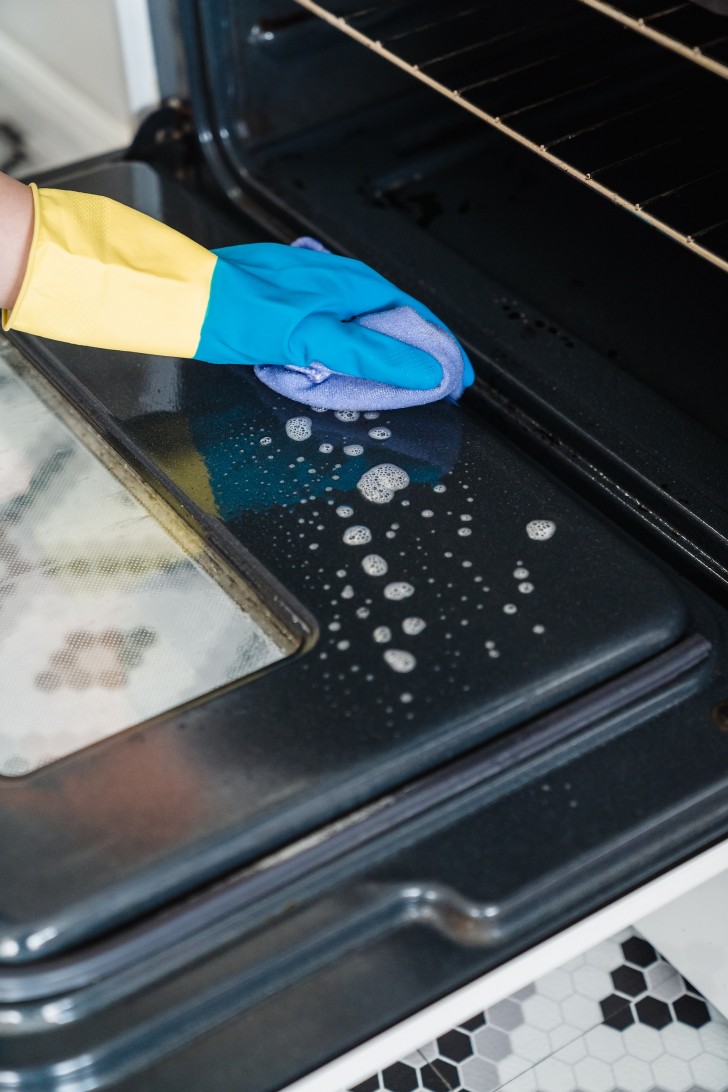
General maintenance of your oven is important. Start by thoroughly cleaning the internal walls: when they are covered in grime, not only are there health risks, but also the ability of the oven to distribute heat evenly is compromised. Again, dirt can block ventilation grills, and this is can be harmful to our health.
It is also necessary to check whether the rubber gasket around the door is functioning properly: air escaping causes a lot more power consumption.
Other tips for saving money when using the oven
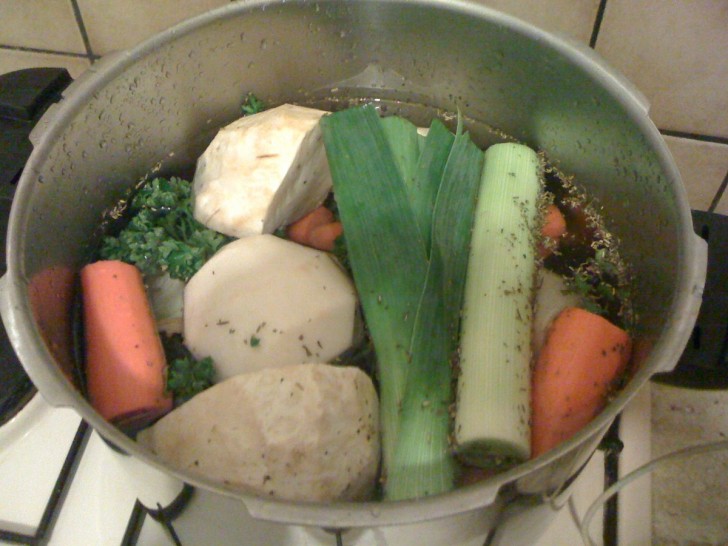
- Pre-cooking: There are some foods, such as certain vegetables (potatoes, for example), that take a long time to cook in the oven. You can therefore consider boiling them a little first (or microwaving them) to cut down on oven time.
- Pay attention to the food containers: baking trays and other cooking tools must be the correct type. Ceramic and tempered glass can retain heat better, so they are better for prolonged cooking at a constant temperature. Metal, on the other hand, is perfect for foods that need to cook quicker, reaching high temperatures in much less time.
- Obviously, pay attention to the energy class of your appliance. If you use your oven often, it is best to invest in a class A or a class B appliance.
By following these tips, we are sure you will see a difference in your electricity bills!
